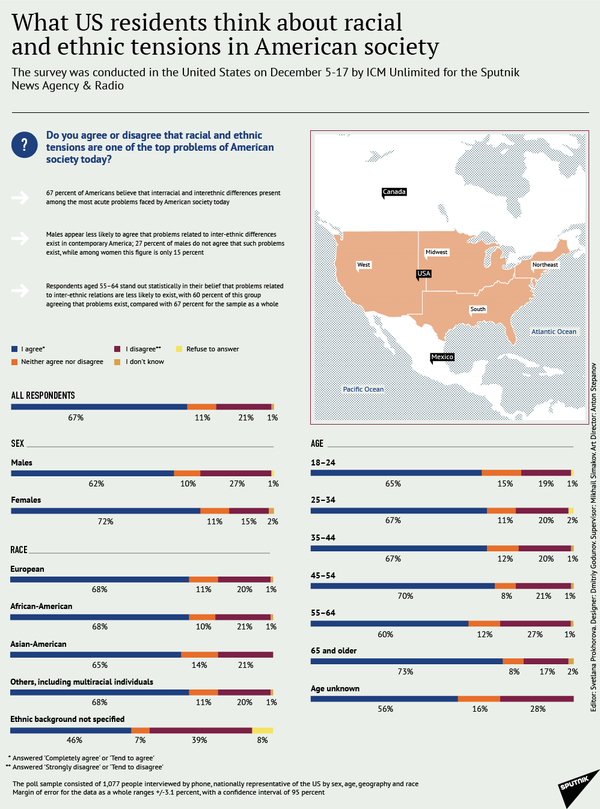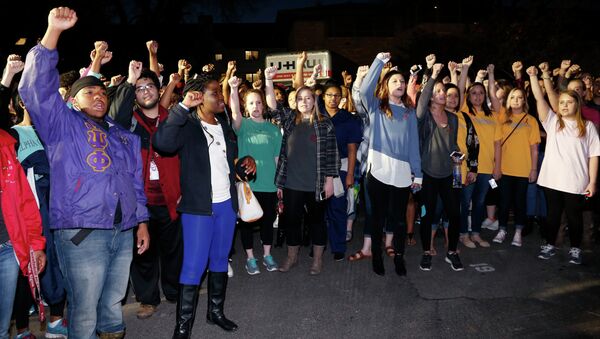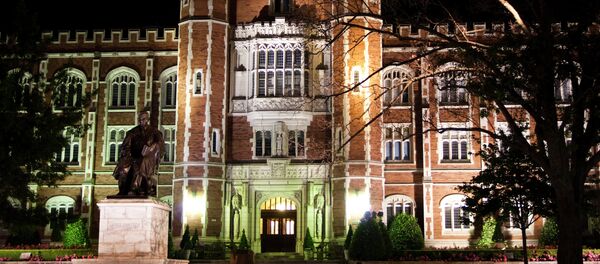The University of Oklahoma has been in the spotlight since a video was released last week showing Sigma Alpha Epsilon fraternity members in a bus clapping hands and singing that no black students would be ever allowed in the fraternity.
The scandal was followed by an anti-racism march on the university campus and the students shown in the video have been expelled.
In addition, the fraternity's Executive Director Blaine Ayers announced on Wednesday a strategy to combat racial intolerance in Sigma Alpha Epsilon. The measures include hiring a director on diversity and inclusion, requiring members to participate in a diversity education program and creating a hotline for students to report troubling behaviour.
Sigma Alpha Epsilon Fraternity to Announce Plan to Combat Racial Intolerance http://t.co/jcS2WXd7vB pic.twitter.com/ZzppuTUMoa
— N.O.T.O.R.I.O.U.S.™ (@MrMilitantNegro) March 18, 2015
The scandal in the University of Oklahoma has also affected other US colleges with students pledging to combat racism on their campuses. Some schools, like the University of Georgia, have gone even further: on Wednesday the National Review reported that sororities and fraternities at the University of Georgia have banned hoop skirts from their events over concerns they might look racist. The logic behind the decision being the fact that women wore hoop skirts during the era of slavery in the United States makes them a symbol of racism.
The current scandal is at least the third major discrimination incident in US universities since the beginning of 2015.
Earlier in March, US media reported the story of Rachel Beyda who was deemed unqualified to join UCLA’s student judicial board simply for being Jewish. As documented in a protocol on the University’s website, the board asked Beyda how she would be able to maintain an unbiased stance given the fact she is “very active in the Jewish community.”
Student racism is not exclusive to the higher education system in the US. Last Friday, a video posted on YouTube showed the vice-principal of Fresno’s Scandinavian Middle School in California telling a student that he “just don’t like the black kids.”
The scale of the problem is reflected in official figures. Earlier this week, the US Department of Civil Education said it plans to expand its civil rights division by 30 percent due to a dramatic increase in its workload. The number of complaints from US students from kindergarten to college level, over discrimination on grounds of race, sex and disability grew from 6,364 in 2009 to 9,989 in 2014.





